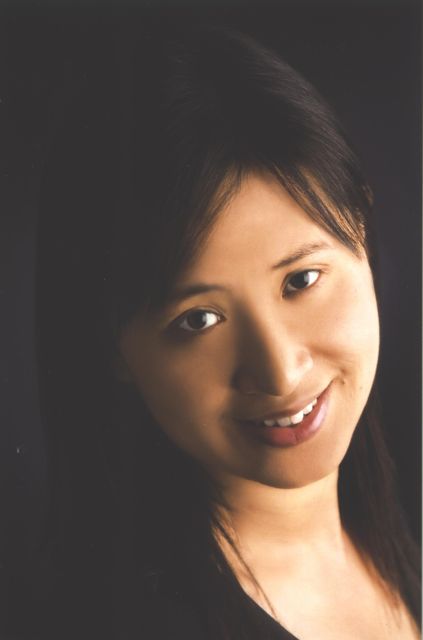Chicago Ensemble is uncaged in music of Brahms and Wendy Lee

For nearly four decades, the Chicago Ensemble, led by artistic director Gerald Rizzer, has been quietly presenting some of the most deftly varied chamber music programs on the local scene
The program of three piano quartets that opened the group’s 38th season was characteristic, breezily mixing two cornerstones by Mozart and Brahms with a more recent work Tuesday night at Fourth Presbyterian Church.
One of the most laudable aspects of the Chicago Ensemble has been Rizzer’s encouragement of contemporary chamber works through the “Discover America” competition. The evening’s centerpiece was one of the most recent winners, My Cagey Companions by Wendy Lee.
Lee is currently a professor at Chinese University of Hong Kong. Despite the whimsical title and inspiration—reflecting the characteristics of various beloved canines in her life—My Cagey Companions is a substantial, surprisingly dark work.
Cast in two connected movements, Lee’s piano quartet, written in 2008, opens with staccato piano chords, followed by keyboard grace notes. Harmonically crunched cello statements lead to a lyrical viola solo set against more jagged cello fragments and rather melancholy passages for all three strings.
The quartet continues in this conflicted fashion, by turns strident and lyrical. At times there is a “Chinese” flavor, as in some of the pensive high right-hand piano writing; at others, an almost florid, chromatic quality dominates suggestive of Cesar Franck.
Yet Lee’s music remains distinctive, well crafted and compelling. The musicians (pianist Rizzer, violinist Stephen Boe, violist Paul Vanderwerf and cellist Andrew Snow) gave Lee’s music strong and committed advocacy.
Two piano quartets in g minor by better known names flanked Lee’s work.
Mozart’s Piano Quartet No. 1, K.478, opened the evening. Often in chamber and recital programs, Mozart is the under-rehearsed throwaway before the main event but not here. In one of their most polished outings of recent seasons, the Chicago Ensemble served up a quicksilver reading wholly in spirit with the music.
If the hot acoustic made hushed dynamics in the aria-like Andante impossible, the players were in touch with the music’s expressive poise, with gracious and searching playing by Rizzer and violinist Boe. The pianist’s playful touch in the concluding movement made for a vivacious, lightly sprung finale.
The live-wire acoustic was better suited to Brahms’ big-boned Piano Quartet No. 1 in G minor. Some fitful wayward string intonation apart, the musicians showed they were fully up to the myriad challenges of this work.
Anchored by Rizzer’s dedicated keyboard work, the Chicago Ensemble served up a notably impassioned performance. The opening movement had sure momentum and a nice conversational ease to the ebb and flow. The shadowy Intermezzo could have used more mystery but the contrasts were well delineated.
The Andante went with fine lyrical fervor and jaunty swagger in the march-like middle section. The performance was rounded off with a fast and combustible Rondo finale. The insistent main theme had impressive gypsy flavor, and the contrasting sections apt Viennese schmaltz from the strings. Rizzer and colleagues were at their best in the final pages, with the accelerating buildup to the coda exhilarating.
The Chicago Ensemble’s next program offers music of Telemann, Dutilleux, Dvorak and Gilad Cohen Feb. 1 and 10. thechicagoensemble.org
Posted in Uncategorized




